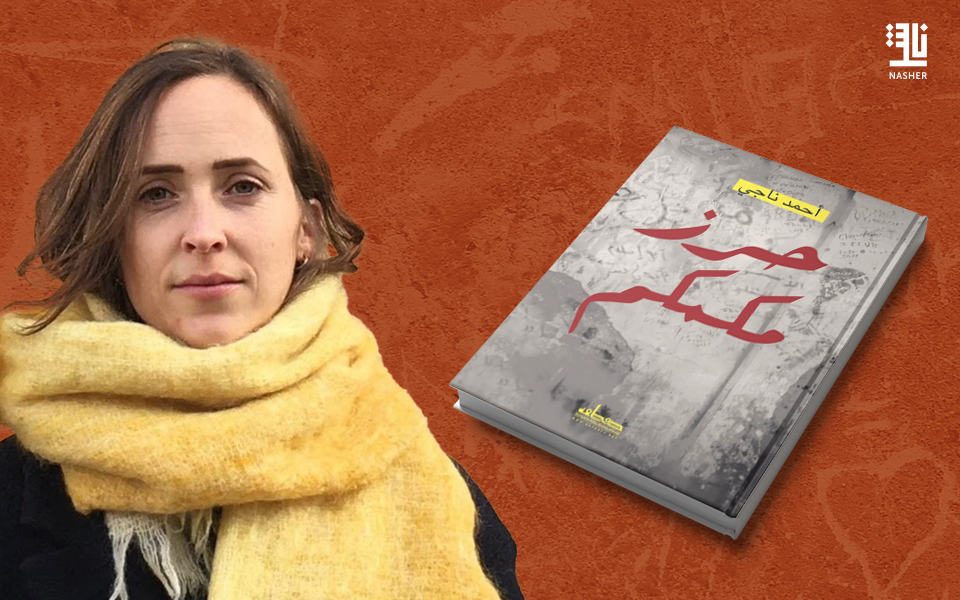An Arabic-to-English translator from Wales has won the 2024 Saif Ghobash Banipal Prize for Arabic Literary Translation.
The annual £3,000 ($3,800) award was given to Katharine Halls for her translation of a memoir by Egyptian journalist and writer Ahmed Naji, titled Rotten Evidence and published by McSweeney’s.
In their statement, the judges write that, “Halls not only gives a masterclass on the lexical and phrasal level; she also takes a scalpel to the structure of the original Arabic to produce a text that is more accessible to the English reader and less episodic than the original.”
This year’s judging panel was chaired by translator Raphael Cohen, and also included Times Literary Supplement editor Michael Caines, translator Laura Watkinson, and translator Nariman Youssef.
Halls described winning the prize as a “wonderful honour”, but said it was “a strange and difficult time to imagine celebrating anything”.
She explained: “This past month has brought us joy and relief at the sight of former detainees walking free from prisons across Syria, where they have spent years in conditions of indescribable cruelty which so many others did not survive.
In her statement, Halls also mentioned Egyptian writer and activist Alaa Abd el-Fattah, who Naji dedicated a chapter in the book to. El-Fattah was arrested and sentenced to five years in prison in 2019 for allegedly spreading false news online and has yet to be released despite the completion of his sentence.
“It is impossible to forget, in these times of resurgent fascism, that writing about and against prison will always be a revolutionary act,” Halls added. “Ahmed Naji is a particularly brave, witty, and uncompromising writer, and I hope this accolade will encourage many more readers to pick up his excellent, indeed revolutionary, book.” Halls’ translation of Naji’s prison memoir Rotten Evidence was also shortlisted for the National Book Critics Circle Award for Memoir and Autobiography in the US. The book is a chronicle of Naji’s time in prison, having been sentenced to two years for “violating public decency” after an excerpt of his novel Using Life allegedly caused a reader to experience heart trouble. Naji ultimately served ten months of that sentence, in Cairo’s Tora Prison.
As prize organizers write, “Through Naji’s writing, the world of Egyptian prison comes into vivid focus, with its cigarette-based economy, homemade chess sets, and well-groomed fixers. Naji’s storytelling is lively and uncompromising, filled with rare insights into both the mundane and grand questions he confronts.”
Halls has previously been honoured for her translations. In 2021, she was awarded the PEN/Heim Translation Fund Grant to translate Egyptian writer Haytham El-Wardany’s short story collection Things That Can’t Be Fixed. She also won the 2017 Sheikh Hamad Award for Translation along with Adam Talib on Saudi novelist Raja’a Alem’s The Dove’s Necklace.
This win comes just as Imprisoning a Revolution: Writings from Egypt’s Incarcerated is published, in a translation by Collective Antigone, with a searing and illuminating introduction by Naji.
The ceremony is set to take place Thursday February 13 at 6 pm GMT, at the SOAS Brunei Gallery Lecture Theatre and online. Prize-winner Katharine Halls will be in conversation with chair of judges Raphael Cohen, and academic and literary translator Margaret Litvin will give the prize’s annual lecture on the subject “Translating Beauty and Revolt in Arabic Literature Today.” The in-person and online event will be followed by a Q&A and a reception.







